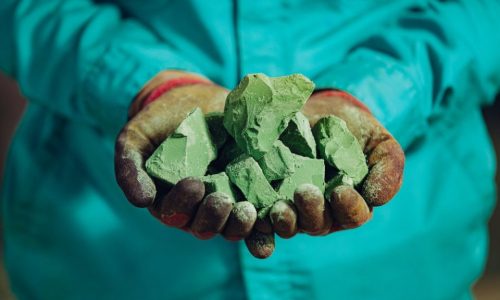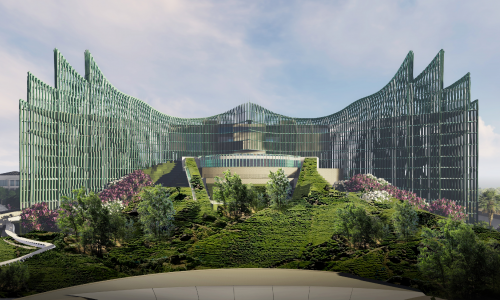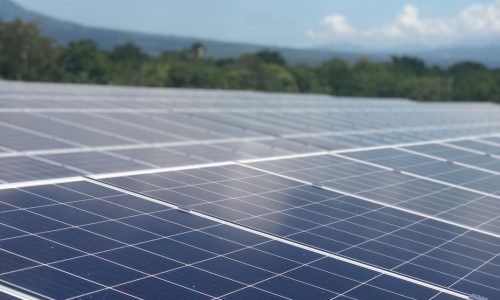Sakti Wahyu Trenggono, the Minister of Marine Affairs and Fisheries, has opened opportunities for investors to establish a fish feed industry in Indonesia. Currently, 89% of the country’s fish feed needs are imported.
“If investors want to go 100% local, we are waiting for that. Everything is still imported. We are not independent (as of yet),” said Minister Trenggono.
Minister Trenggono acknowledged the worrisome dependence on imported fish feed. Indonesia does not yet have the capability to find a substitute for the fish feed sector.
He is also concerned that if at any time the country that produces fish feed closes its export doors, it could lead to difficulties in domestic aquaculture.
“We have to move. If we can’t do that, in the end, we (our country) will lag behind,” he said.
Therefore, the Ministry of Marine Affairs and Fisheries, through the Directorate General of Aquaculture, actively collaborates with universities and institutions abroad to find solutions for fish feed substitution.
“So that we can find solutions, for example, substitutes for fish meal can be replaced with plant-based ingredients,” he said.
The collaboration between the industry and research institutions has proven successful in dominating the shrimp market with a production of 220 thousand tons per year due to the development of animal feed and increased productivity.
The Ministry of Marine Affairs and Fisheries estimates that the global seafood market reached US$ 310.75 billion in 2021 and is projected to increase to US$ 338.47 billion in 2022. The figure is even expected to rise to US$ 730.28 billion in 2030.
Previous animal feed investor
Previously, De Heus Animal Nutrition from The Netherlands was set to expand its investment in Indonesia with a US$ 50 million project for the development of an animal feed industry in the Pasuruan Industrial Zone, East Java, and the construction of a high-tech slaughterhouse.
The plan was discussed during a meeting between Bahlil Lahadalia, the Minister of Investment/Head of the Indonesia Investment Coordinating Board (BKPM), and Koen de Heus, the CEO of De Heus Animal Nutrition.
The Indonesian government welcomes De Heus’s investment expansion plan and assures its commitment to facilitate the licensing process and fiscal incentives in accordance with existing regulations.
The government also encourages De Heus to collaborate with local SMEs and entrepreneurs in the region to realize its investment plans.
Bahlil emphasized that Indonesia is currently developing around 30,000 hectares of new cornfields, particularly in Papua, with a production capacity of up to 900,000 tons per year.
Koen de Heus, CEO of De Heus Animal Nutrition, expressed appreciation for the support from the Ministry of Investment/BKPM. He outlined that their investment in East Java would involve the establishment of a high-tech animal feed facility, adopting a business model that collaborates with local farmers.
“With a raw material requirement of 500,000-600,000 tons per year, we hope that the Indonesian government can maintain the balance of corn prices and the welfare of corn farmers with fair pricing,” said Koen de Heus.









